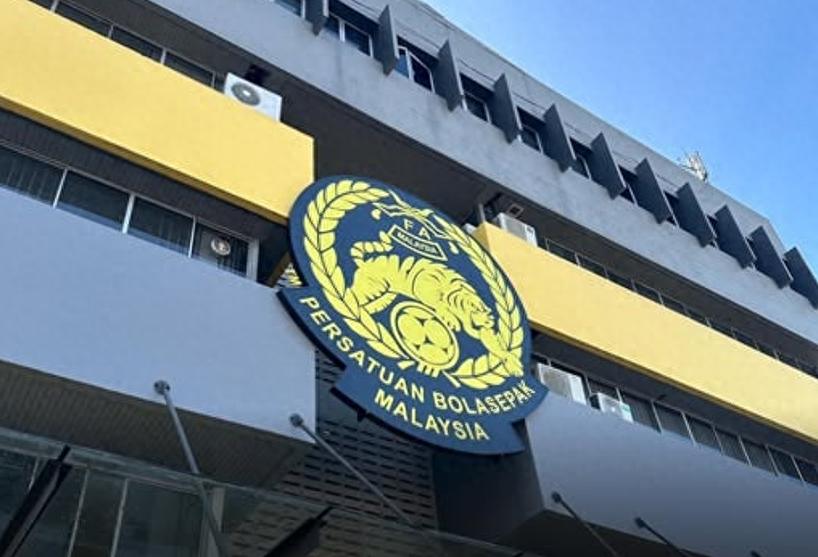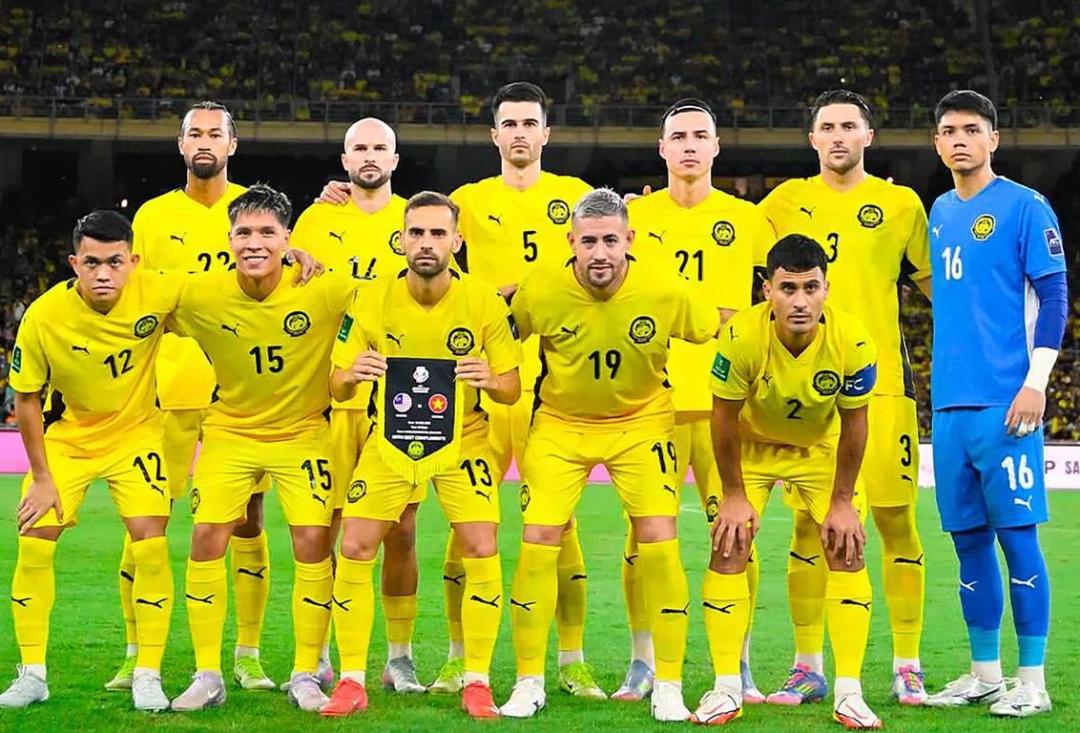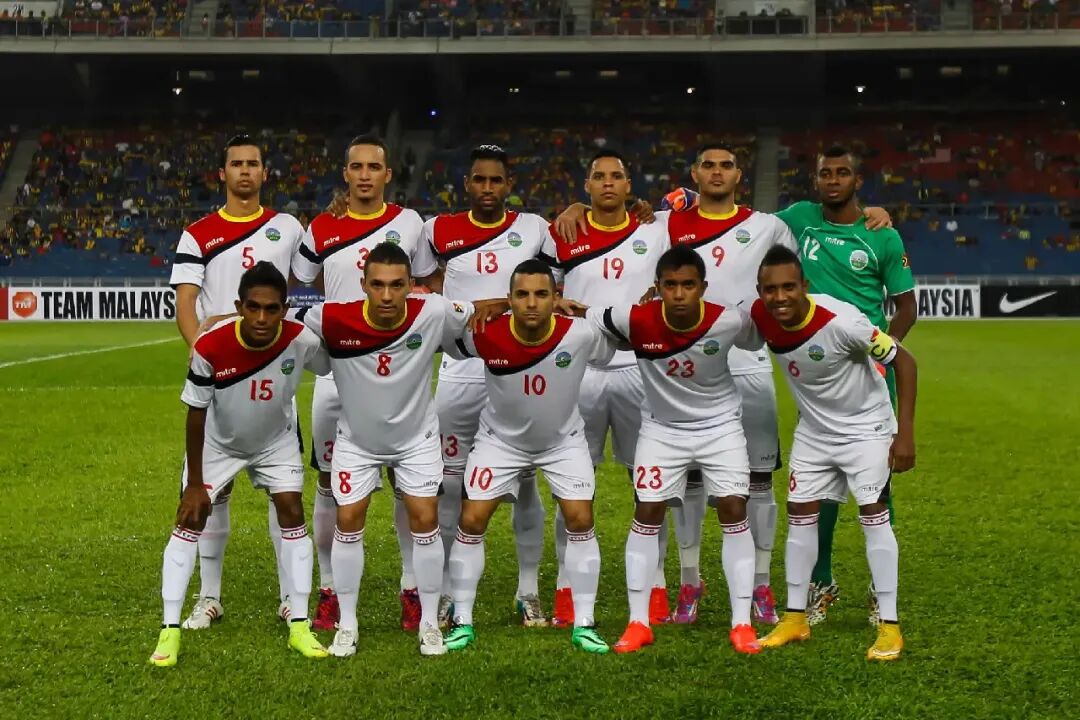Rapid Naturalization Chaos, A Mess in Malaysia

Written by Han Bing In recent years, the Football Association of Malaysia has rapidly naturalized many players, and this summer even proudly announced a "naturalization talent pool" of up to 50 South American players. However, on October 6, FIFA’s Disciplinary Committee released an investigation report revealing forged documents for seven Malaysian naturalized players, turning this rapid naturalization into an unprecedented scandal in Malaysian football.
The Malaysian Football Association was fined 350,000 Swiss francs, and each of the seven players involved in forging naturalization qualification documents was fined 2,000 Swiss francs and suspended for one year. In response, the Malaysian FA announced plans to appeal. If the appeal fails, the victory against Vietnam in the Asian Cup qualifiers will be overturned by the AFC. The Malaysian FA could even face suspension, losing eligibility to participate in the Asian Cup and the next World Cup qualifiers.
The wave of naturalization has become a shortcut for "developing football nations" to quickly improve their strength in recent years. Many associations have rushed and even falsified information, leading to FIFA sanctions. Malaysia’s rapid naturalization case is particularly serious because in the June 10 Asian Cup qualifier where Malaysia beat Vietnam 4-0, seven players involved appeared on the field. Four of them received FIFA naturalization approval just one day before the match. FIFA’s investigation revealed that the birth certificates of these players’ grandparents did not match the original records from their countries of birth. The players involved include starting defenders Galses and Ylazaval, defensive midfielder Hefil, left winger Figueiredo, striker Olgado, and substitutes left back Arocha and right winger Machuca.

Among the seven banned Malaysian naturalized players, five started in the 4-0 victory over Vietnam in the Asian Cup qualifier, while the other two came on as substitutes.
The 4-0 win over Vietnam was Malaysia’s first victory against this Southeast Asian powerhouse in 11 years. The day after the match, the Vietnam Football Association filed a complaint with FIFA, claiming that Arocha, Olgado, Machuca, Ylazaval, and Hefil were ineligible to represent Malaysia. FIFA immediately launched an investigation, suspended the seven players on August 22, announced the sanctions on September 25, and released a detailed 19-page report on October 6.
FIFA stated that it cross-checked information with the civil registration offices of the seven players’ birth countries, confirming that their grandparents were not born in Malaysia. The Malaysian FA explained that staff mistakenly submitted documents from the players’ agents instead of official documents from Malaysia’s National Registration Department, but this did not explain why the documents provided showed the grandparents’ birthplace as Malaysia. FIFA presented original birth records proving the grandparents were born in Argentina, Brazil, Spain, and the Netherlands, meaning these seven players were not eligible for Malaysian naturalization.
The AFC is awaiting the result of Malaysia’s appeal before deciding on further actions. If the appeal fails, Malaysia’s 4-0 win over Vietnam will be overturned to a 0-3 loss. In the Asian Cup qualifiers in March, Malaysia beat Nepal 2-0 with Hefil playing; by rules, Malaysia would also be handed a 0-3 defeat for that match. If FIFA’s follow-up investigation finds the Malaysian FA was not involved in document forgery, the penalties will be less severe, and the chance of a global ban on the Malaysian FA will be lower.
This Malaysian naturalization scandal closely resembles the East Timor scandal in 2015. In October 2015, East Timor fielded seven rapidly naturalized Brazilian players against Palestine. After the match, the Palestine Football Association appealed to FIFA, claiming those Brazilian players were ineligible. East Timor’s FA then dropped those seven players from the national team, but later Australian-born naturalized player Jesse Pinto confessed that the East Timor FA had deliberately falsified naturalization documents and failed to allow players to return to Brazil to reunite with their families. In December 2016, the East Timor FA was accused by the AFC of document forgery and fielding ineligible players, and in January 2017, the AFC banned East Timor from participating in the 2023 Asian Cup qualifiers.



Wonderfulshortvideo
User PlaymakerHub has posted a video.








 Links
Links
 Contact
Contact
 App
App


